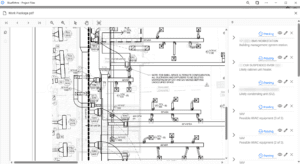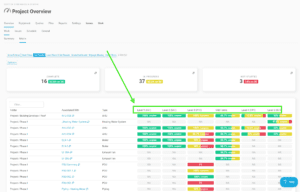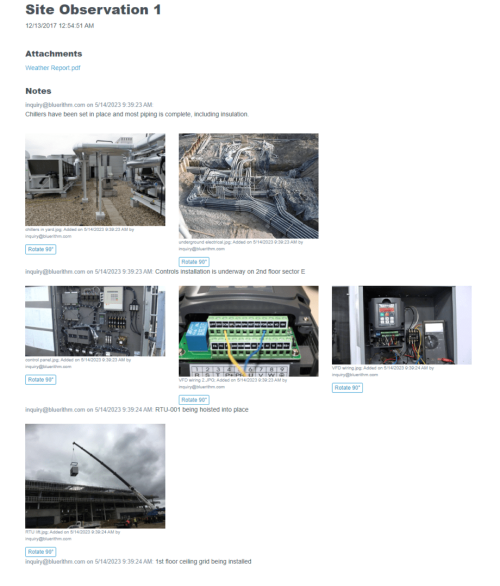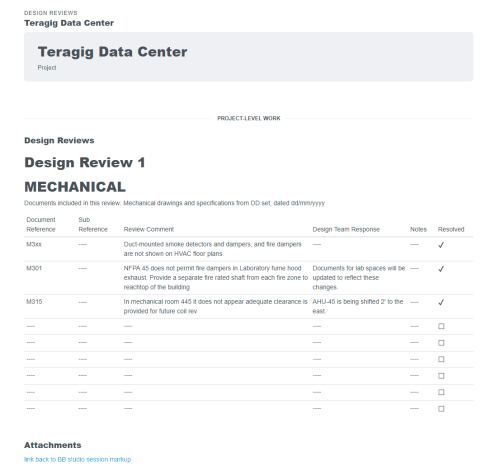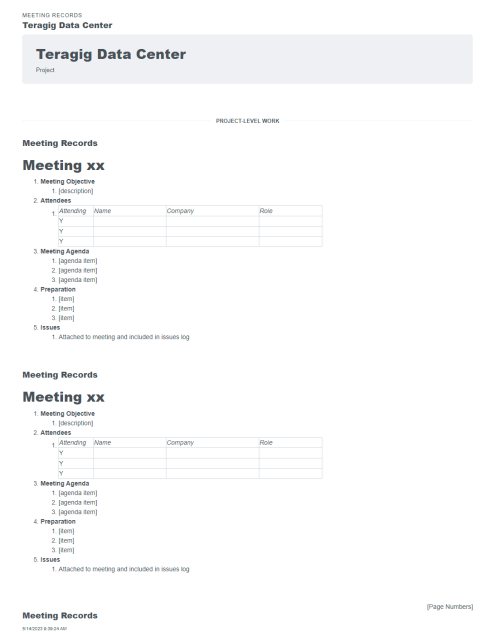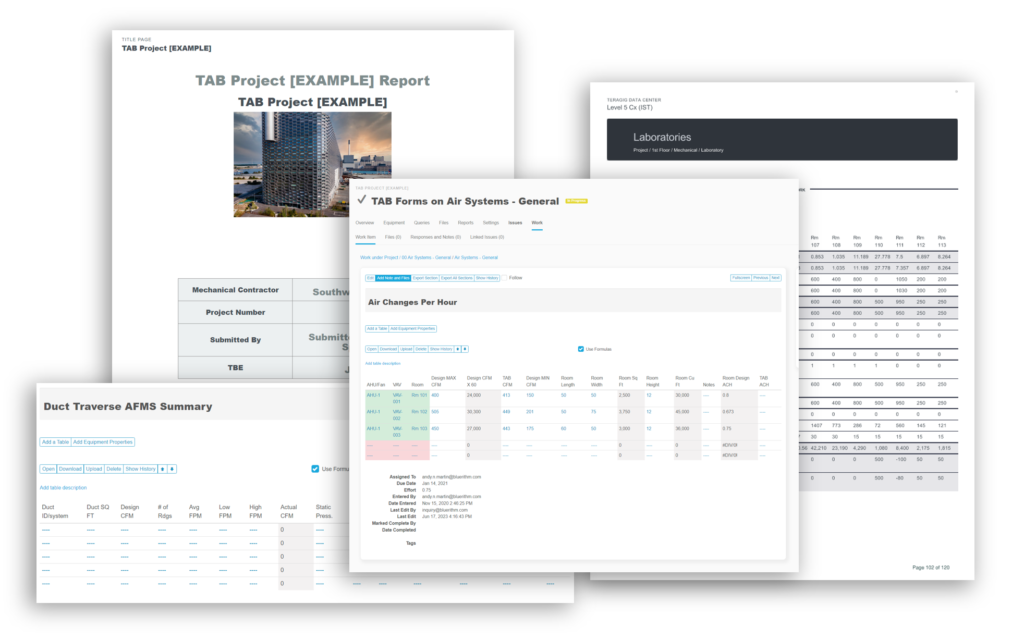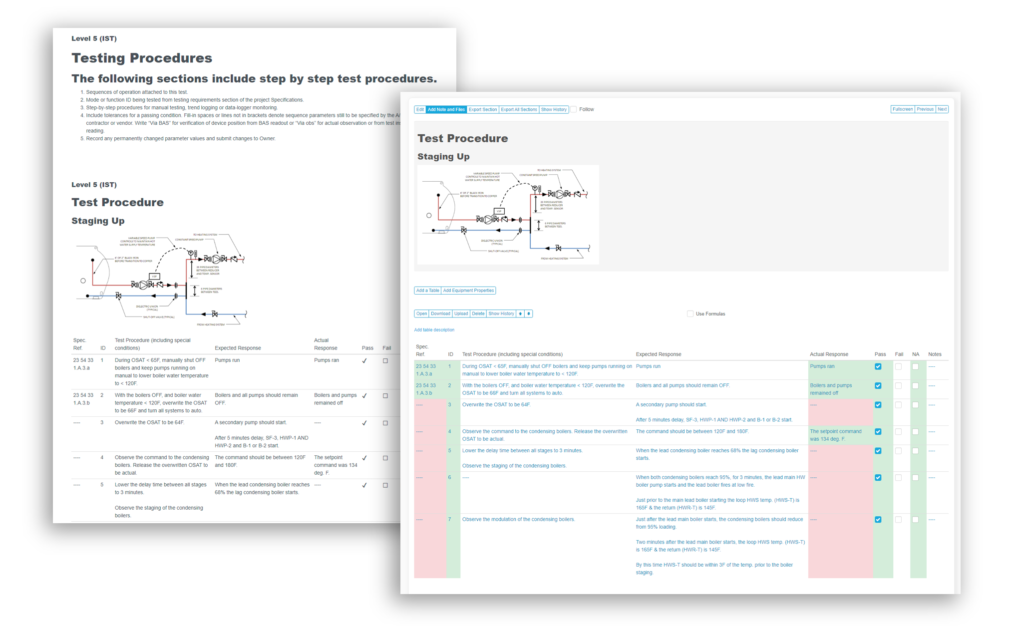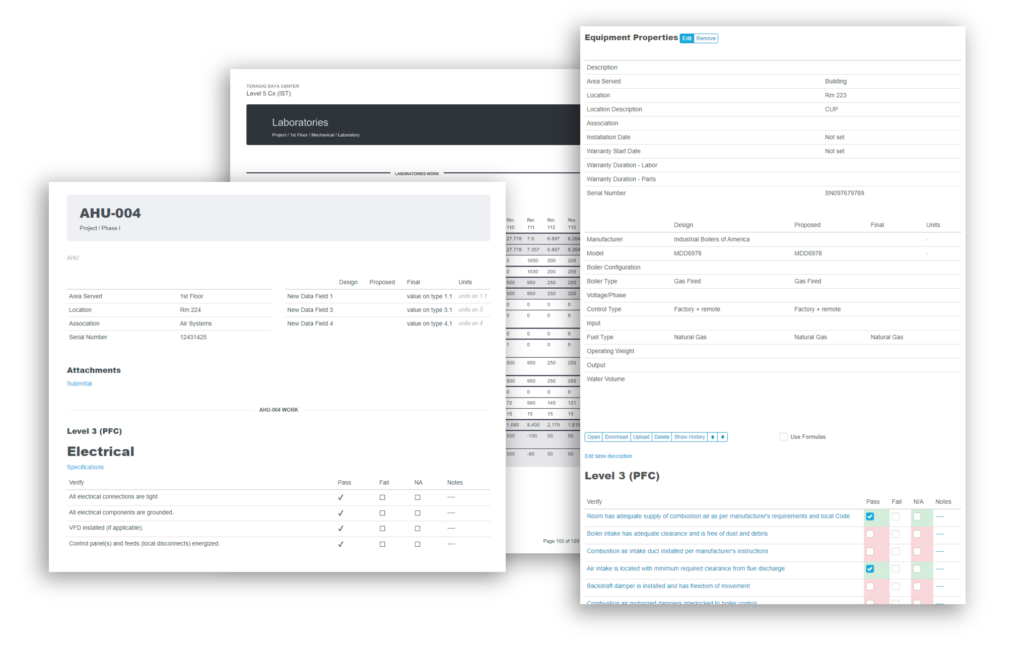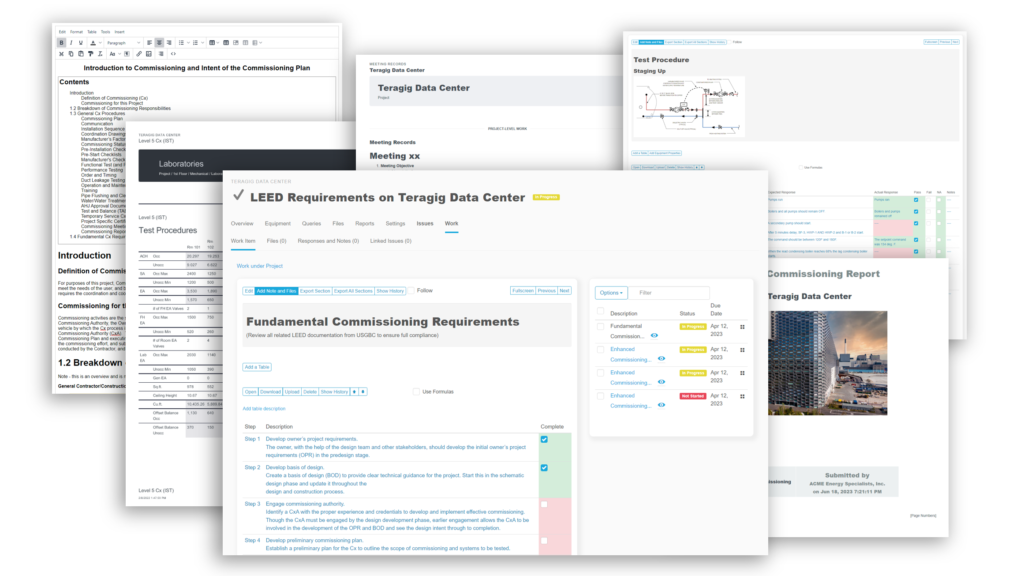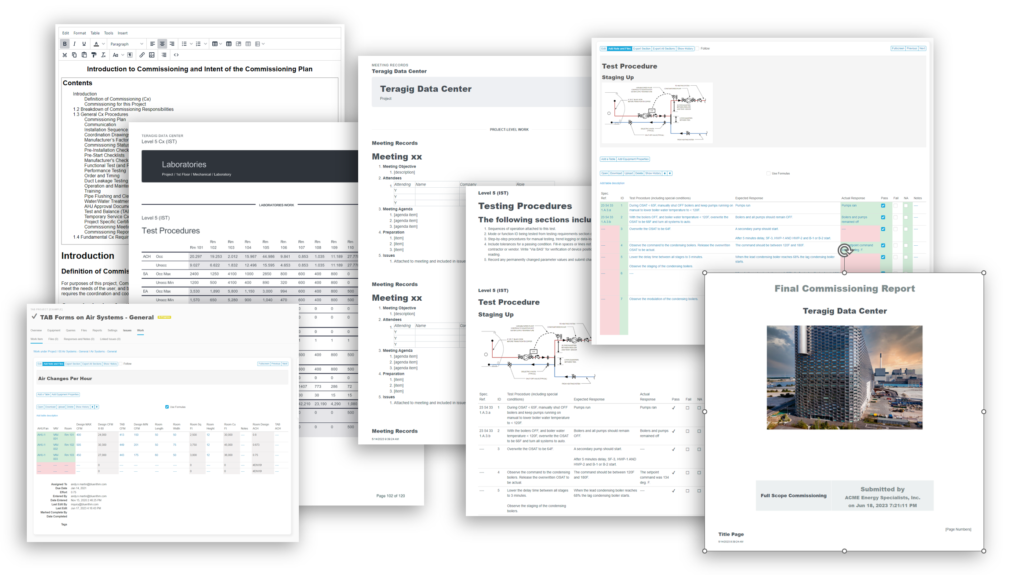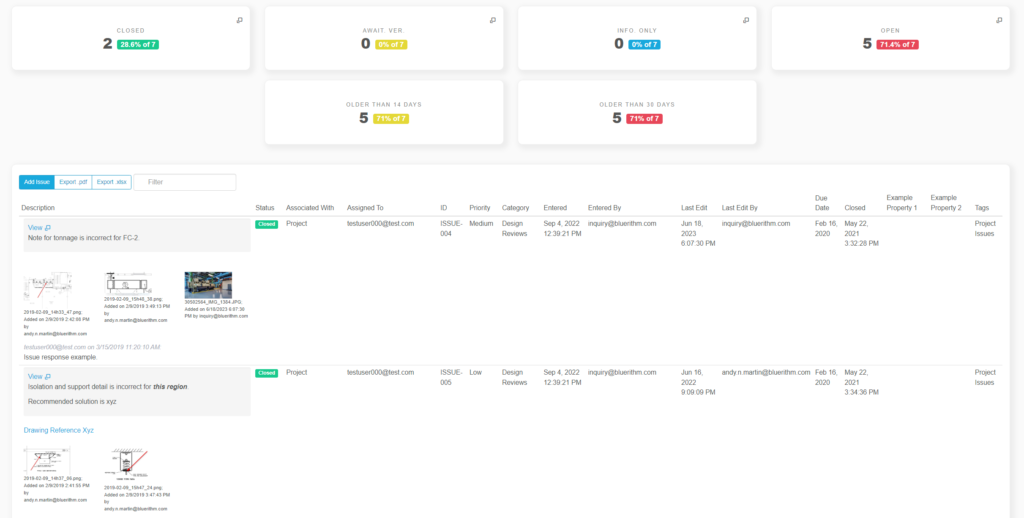Those of us who have worked in the construction industry for any length of time know that project status meetings are something of a sacred ritual. They’re recurring, persistent, often contentious, and grossly unproductive. This isn’t a direct shot at construction meetings exclusively, because this can be true of any meeting in any industry. And to a certain extent, some meetings are unavoidable and can have contractual correlations on construction projects. But have you let a culture of unproductive meetings bleed into your own organization and your own practices?
Meetings Waste Time
Parkinson’s law is the adage that says “work expands so as to fill the time available for its completion”. This simple but brilliant observation by Cyril Northcote Parkinson in 1955 applies nicely to the problem with meetings. If we drop a recurring status meeting on our team’s calendars, we’re going to find something to fill that time every week.
We should remember that an hour long meeting isn’t an hour of time spent, it’s 1 hour times the number of people at the meeting. So if you have a year long project and an hour long meeting every week with 5 people on your team, that’s 260 hours of time. Does your project budget account for that? Does your business need to incur costs like these with recurring meetings?
One of the worst types of meetings are those that exist to report the status of something. Status meetings that are held only to inform others, usually some combination of management and leadership, are often not needed. In our digital age we have the ability to digitally record nearly everything, usually with little effort relative to the payoff. And since we can record it digitally, we can automate the reporting of it and provide dashboards with metrics, statistics, and all of the information we’d otherwise want to get from our status meetings. So instead of piling everyone in a room and fumbling through updates and power point slides, let’s shift our focus to software tools that can do this work for us.
There is no shortage of research and data to back up this concept. For example, this survey reported in this article notes that 40 percent of employees think status update meetings waste valuable time, and 70 percent say these meetings don’t help them get any work done. And 67 percent of those surveyed say they are spending up to four hours per week getting ready for their next status update meeting.
We’re Trying to Help
Stop by our website to see how we can help automate and streamline your commissioning projects, and help you stop spending unnecessary time in meetings.


